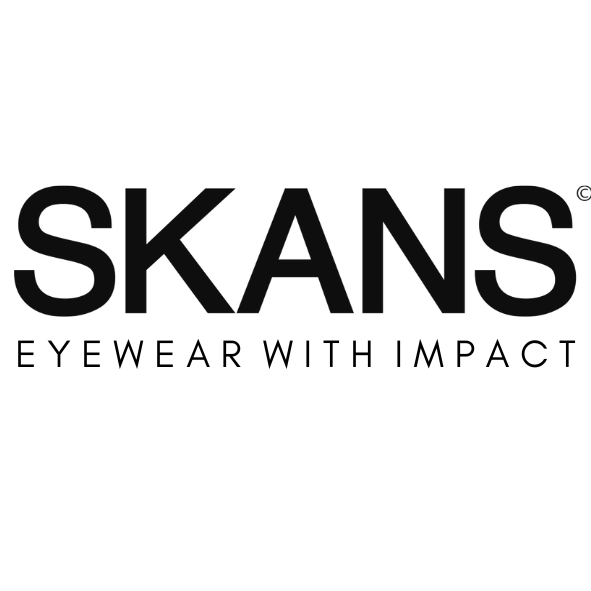

SKANS

Capital Region of Denmark, Denmark
February 2024
Other retail sale
Wholesale/Retail
Denmark,
Finland,
Germany,
Sweden
Skans is more than just eyewear; it's a vision and a movement dedicated to confronting planetary challenges through the lens of eyewear. Founded in Copenhagen by Swedish Optometrist and Sustainability Advocate Johanna Skans, our brand stands at the intersection of fashion, sustainability, and social responsibility. Our mission is deeply rooted in the belief that it is possible—and necessary—to give back more to the planet than we take. We are committed to inspiring a wave of change, encouraging individuals and communities alike to join us in our quest for a more sustainable future. Our eyewear is the epitome of slow fashion, meticulously handcrafted from recycled stainless steel in the Italian mountains. We focus on creating timeless pieces that transcend trends in both style and durability, benefiting not only the wearer but also the environment. Each frame is designed to be genderless and seasonless, promoting inclusivity and reducing the need for frequent replacements.
Overall B Impact Score
Governance 21.6
Governance evaluates a company's overall mission, engagement around its social/environmental impact, ethics, and transparency. This section also evaluates the ability of a company to protect their mission and formally consider stakeholders in decision making through their corporate structure (e.g. benefit corporation) or corporate governing documents.
What is this? A company with an Impact Business Model is intentionally designed to create a specific positive outcome for one of its stakeholders - such as workers, community, environment, or customers.
Community 77.2
Community evaluates a company’s engagement with and impact on the communities in which it operates, hires from, and sources from. Topics include diversity, equity & inclusion, economic impact, civic engagement, charitable giving, and supply chain management. In addition, this section recognizes business models that are designed to address specific community-oriented problems, such as poverty alleviation through fair trade sourcing or distribution via microenterprises, producer cooperative models, locally focused economic development, and formal charitable giving commitments.
What is this? A company with an Impact Business Model is intentionally designed to create a specific positive outcome for one of its stakeholders - such as workers, community, environment, or customers.
Environment 31.0
Environment evaluates a company’s overall environmental management practices as well as its impact on the air, climate, water, land, and biodiversity. This includes the direct impact of a company’s operations and, when applicable its supply chain and distribution channels. This section also recognizes companies with environmentally innovative production processes and those that sell products or services that have a positive environmental impact. Some examples might include products and services that create renewable energy, reduce consumption or waste, conserve land or wildlife, provide less toxic alternatives to the market, or educate people about environmental problems.
What is this? A company with an Impact Business Model is intentionally designed to create a specific positive outcome for one of its stakeholders - such as workers, community, environment, or customers.
Customers 3.7
Customers evaluates a company’s stewardship of its customers through the quality of its products and services, ethical marketing, data privacy and security, and feedback channels. In addition, this section recognizes products or services that are designed to address a particular social problem for or through its customers, such as health or educational products, arts & media products, serving underserved customers/clients, and services that improve the social impact of other businesses or organizations.